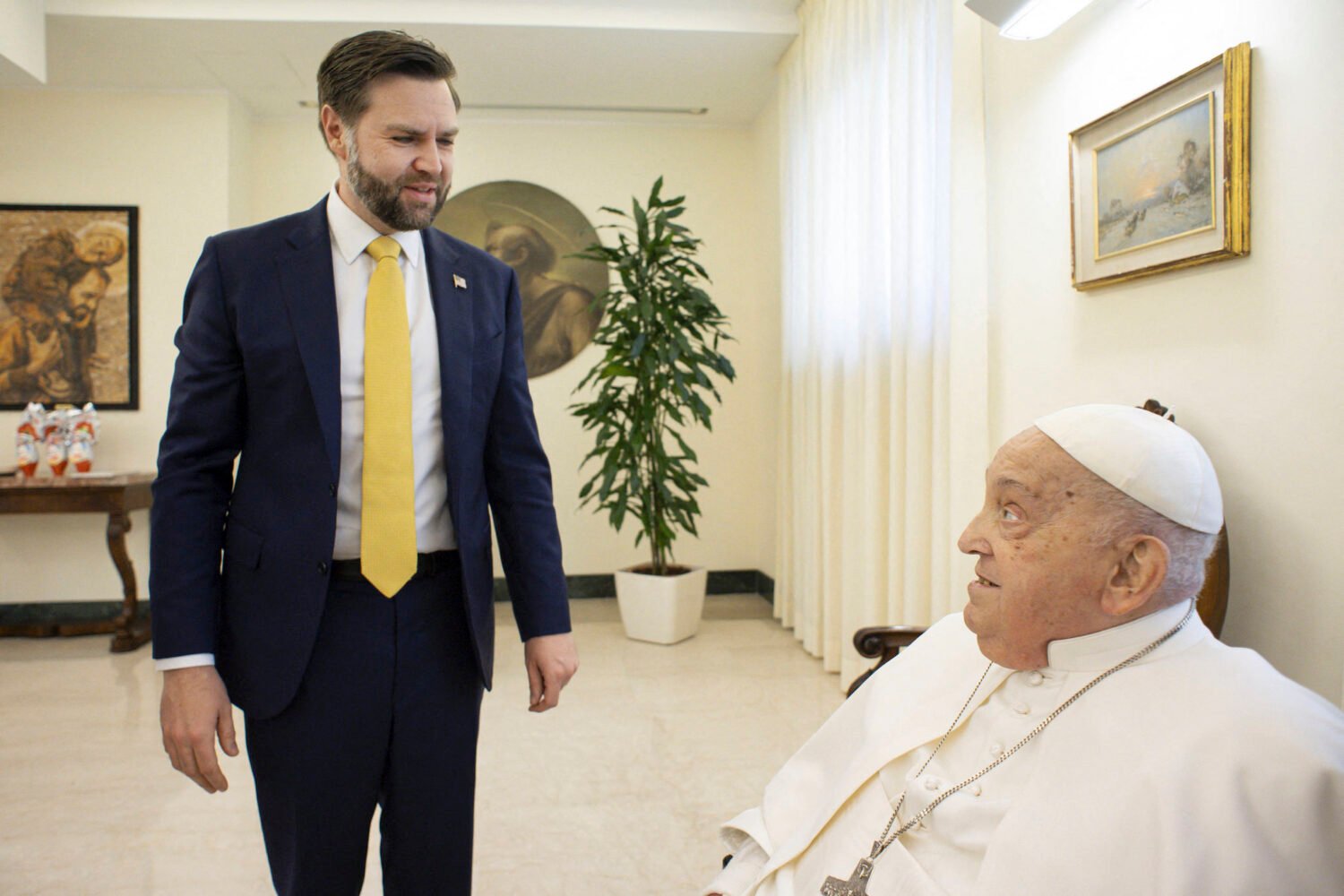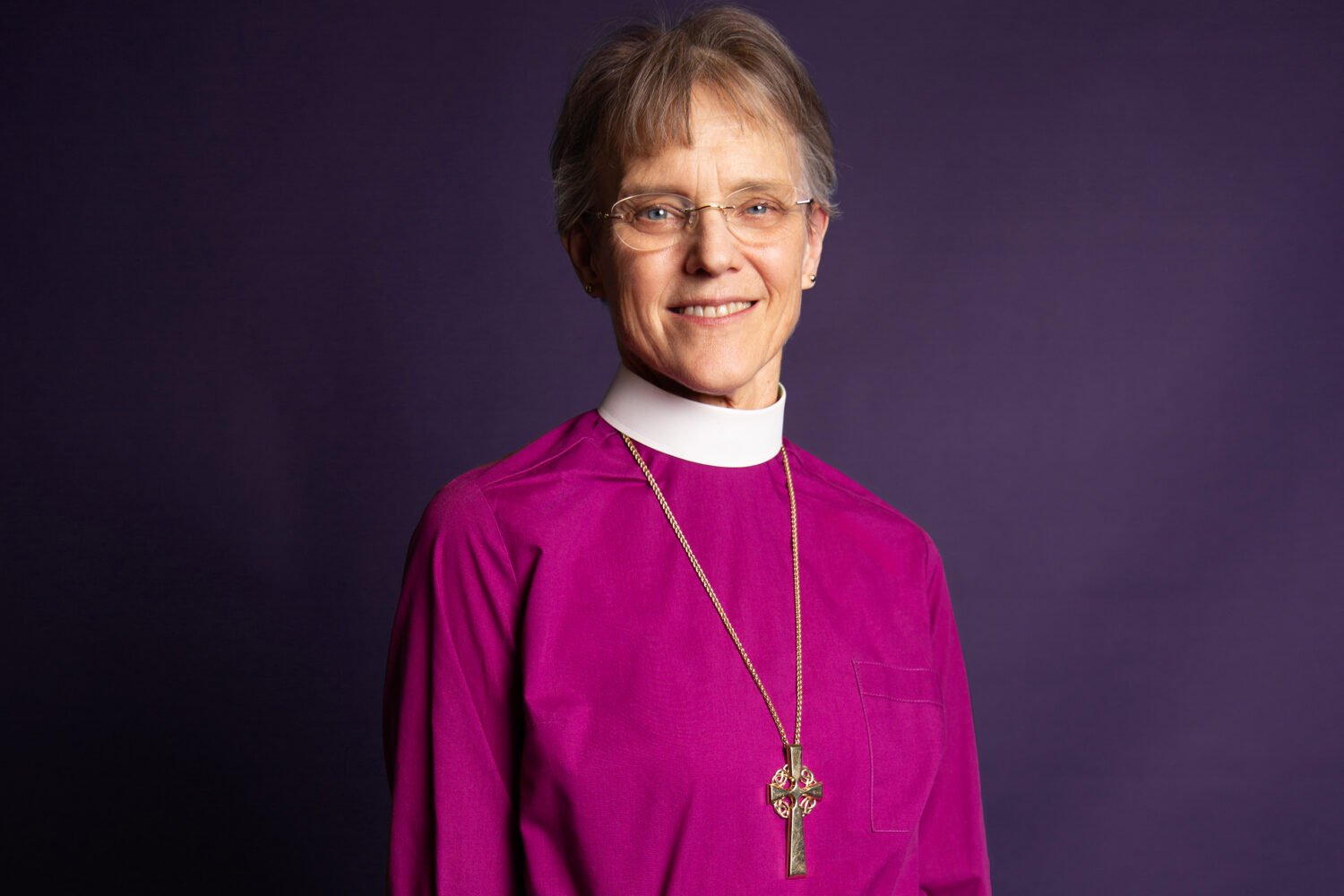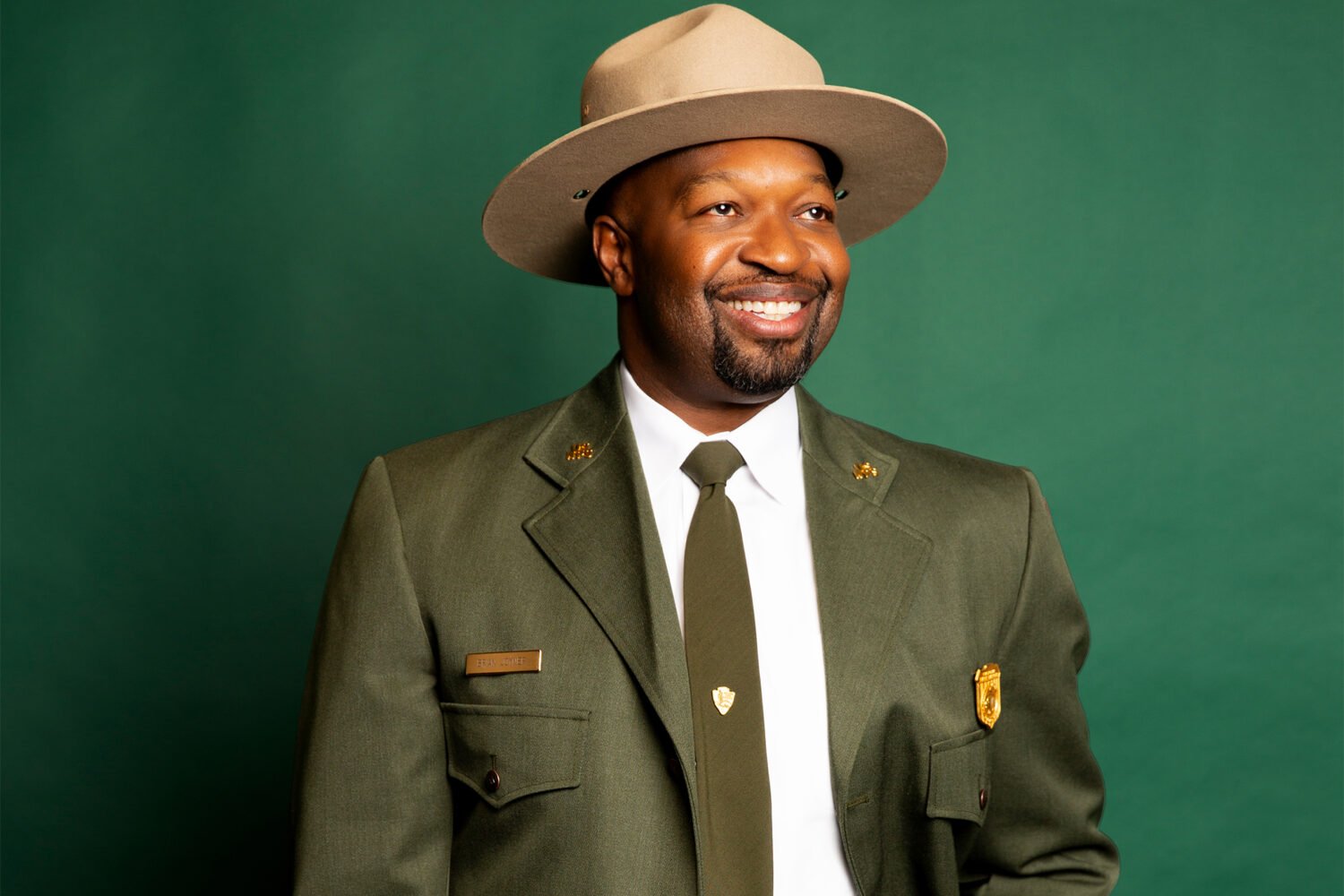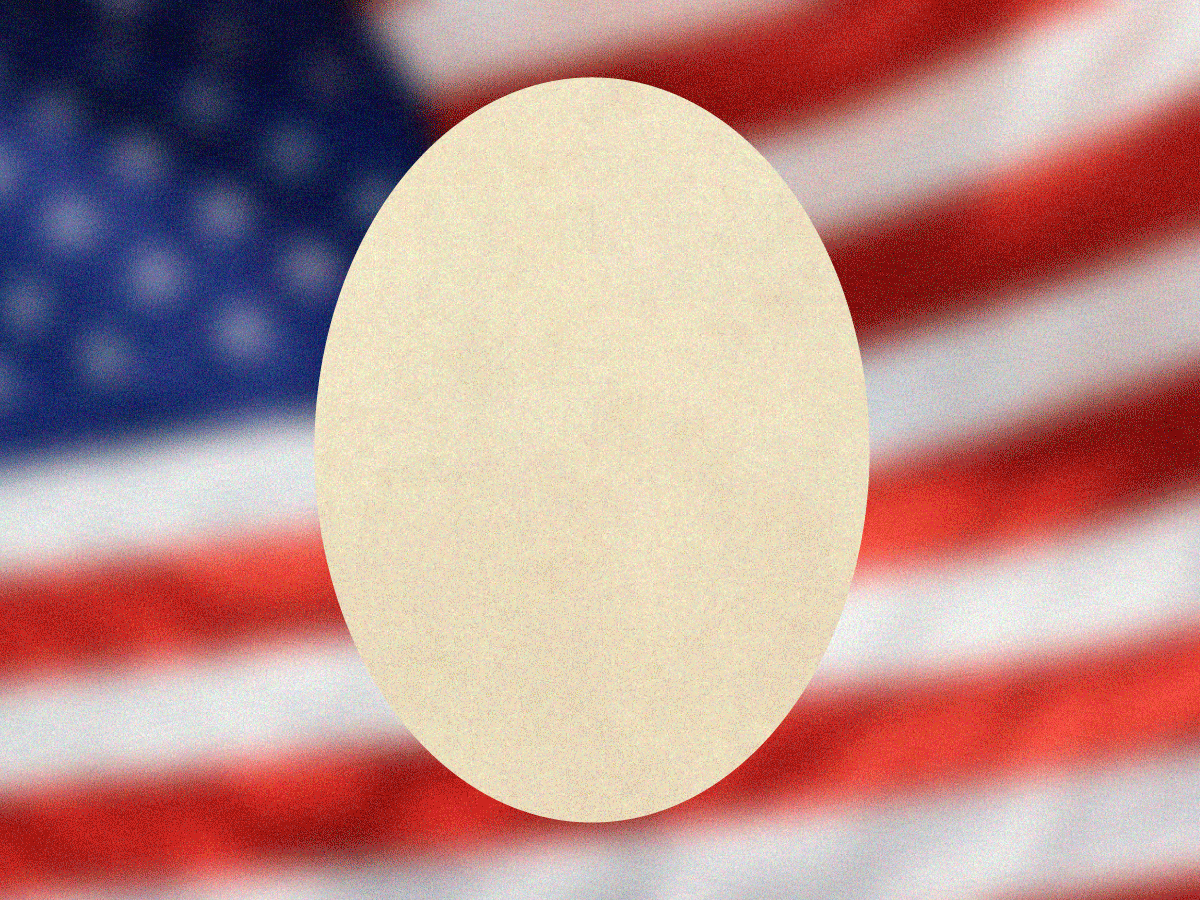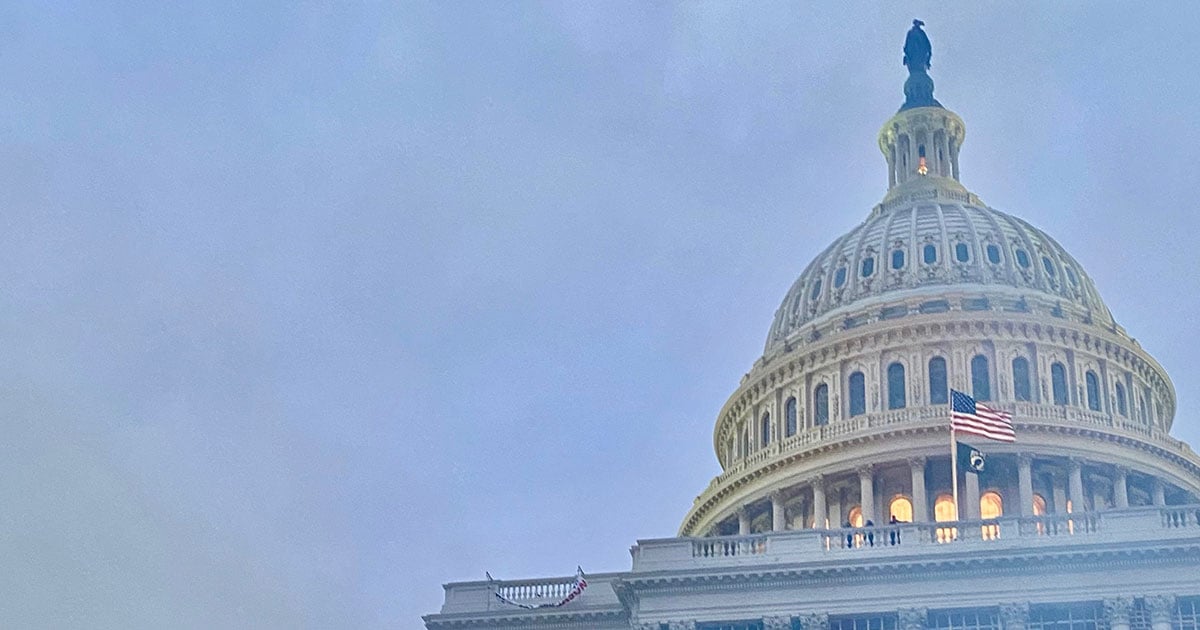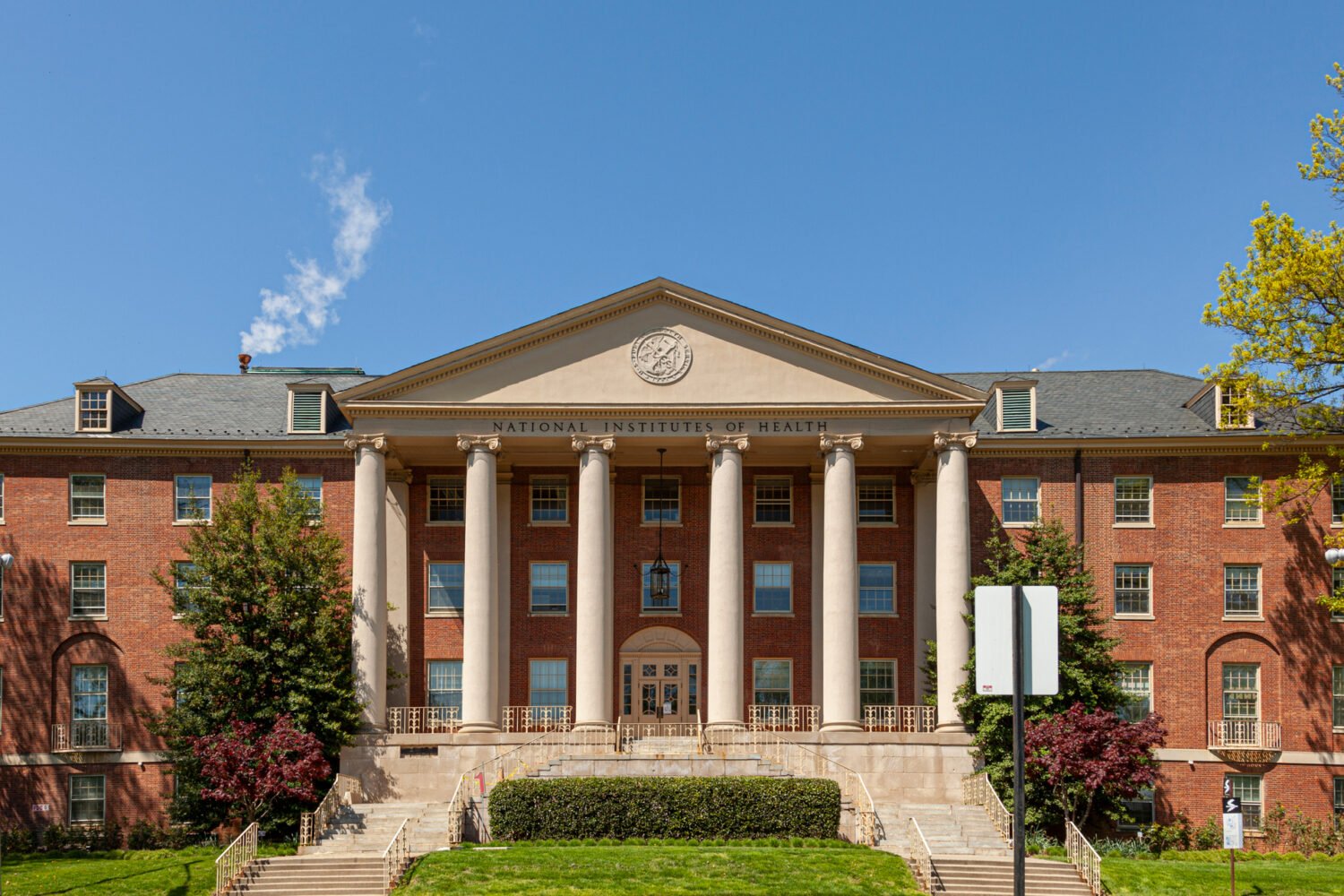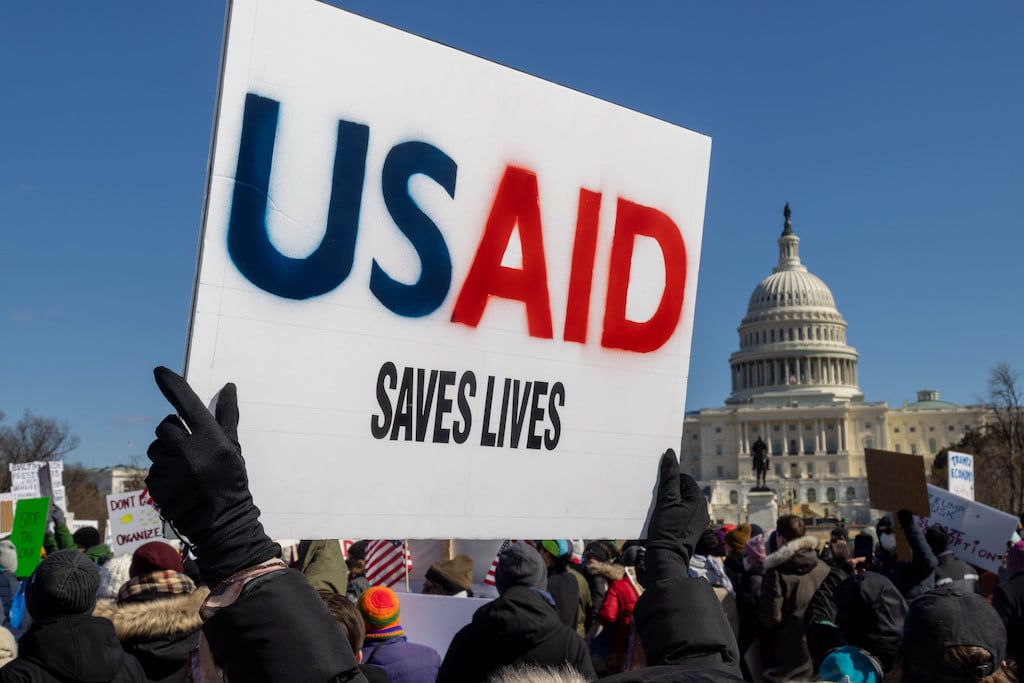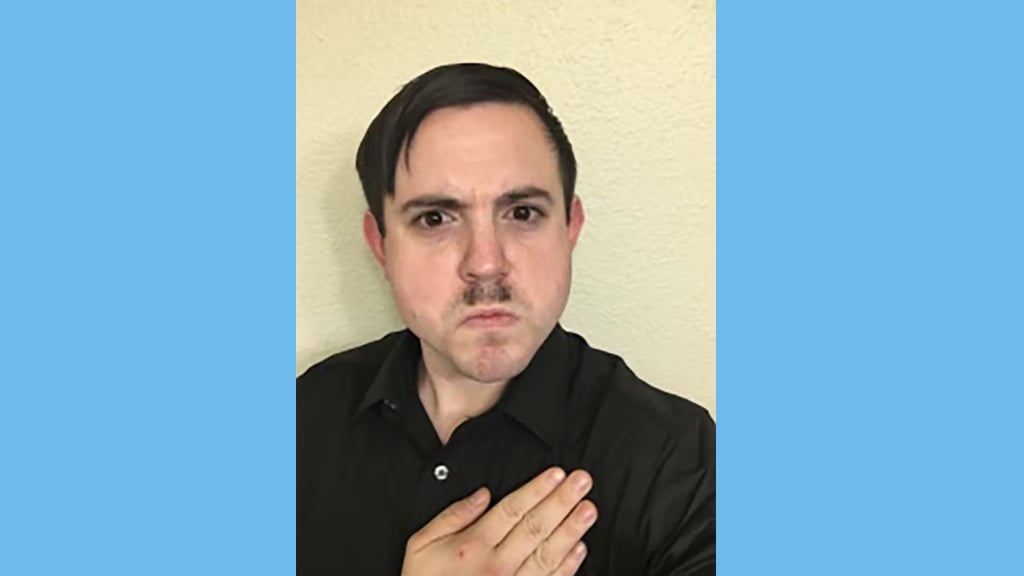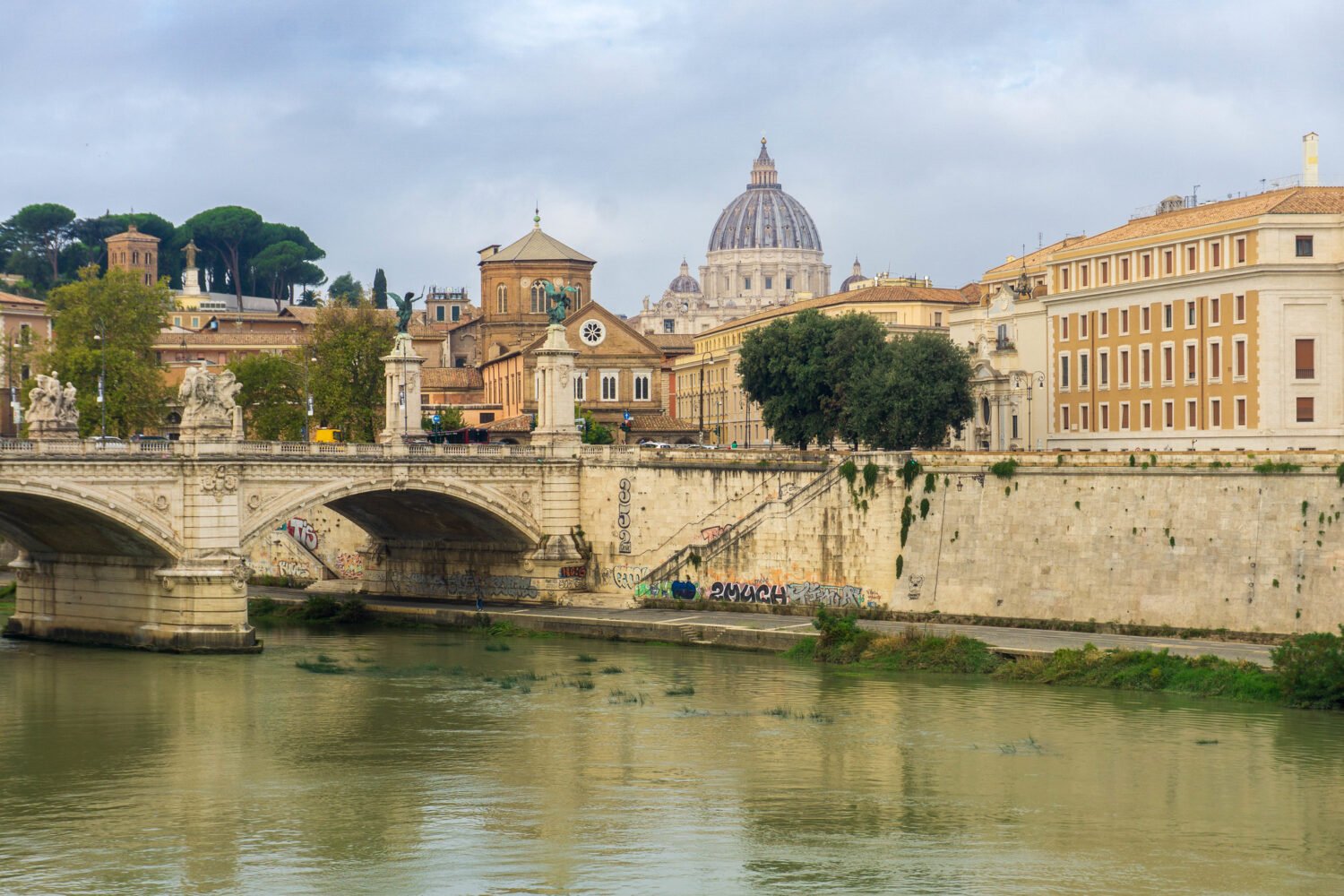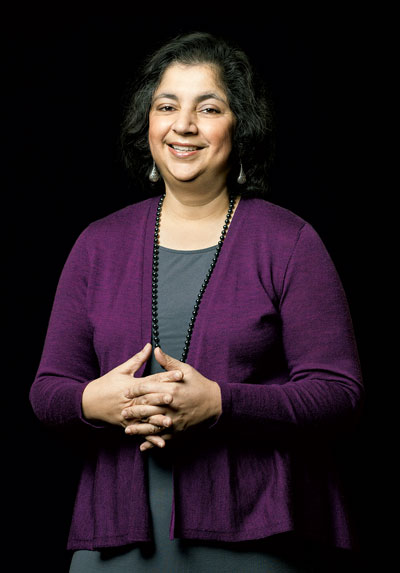
The School: I went to North London Collegiate, a pioneering school for women in England. It’s taken for granted now, but it wasn’t in the ’70s—the idea that as a woman you can be what you want to be, a doctor or journalist. I feel the profound effect it had on me every day.
Early Influence: I grew up with the BBC in a period when, more than ever, we were starting to be connected. I could see the impact a single story could have, and I thought, “Wow, that’s pretty cool, to tell people what’s going on in the world.”
The Mentor: My executive producer at Nightline, Tom Bettag, taught me an excellent leadership style: benevolent dictatorship. He never screamed or swore—he didn’t need to. He gave you a hearing, and sometimes you’d win, but there was no doubt who was boss. It’s held me in very good stead.
The Diagnosis: I hate all that claptrap about cancer being a journey. It’s not. It’s a debilitating disease, and our self-help culture tends to put the onus on the patient. I hope we can change the conversation.
The Comeback: I’m better at calibrating the pace of my life. I’m still a working mother with a high-stress job. But it’s a job. My house definitely wouldn’t pass the white-glove test. But I think it has less to do with cancer and more with me, growing.
This article appears in the March 2014 issue of Washingtonian.


